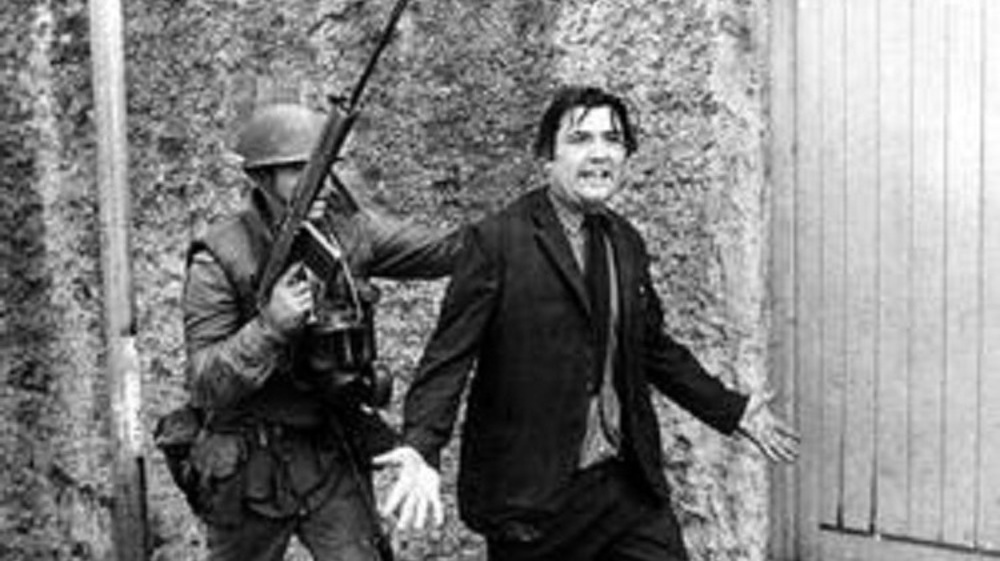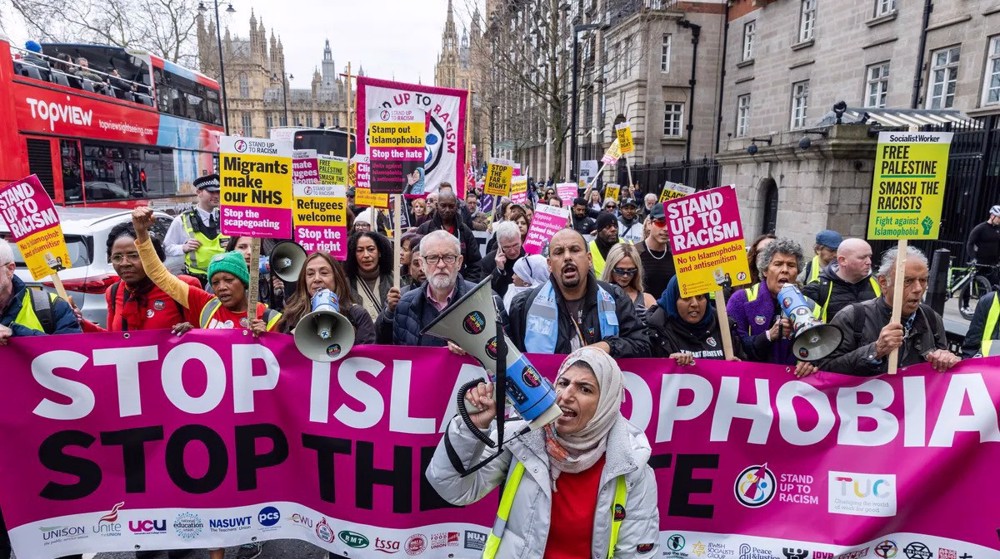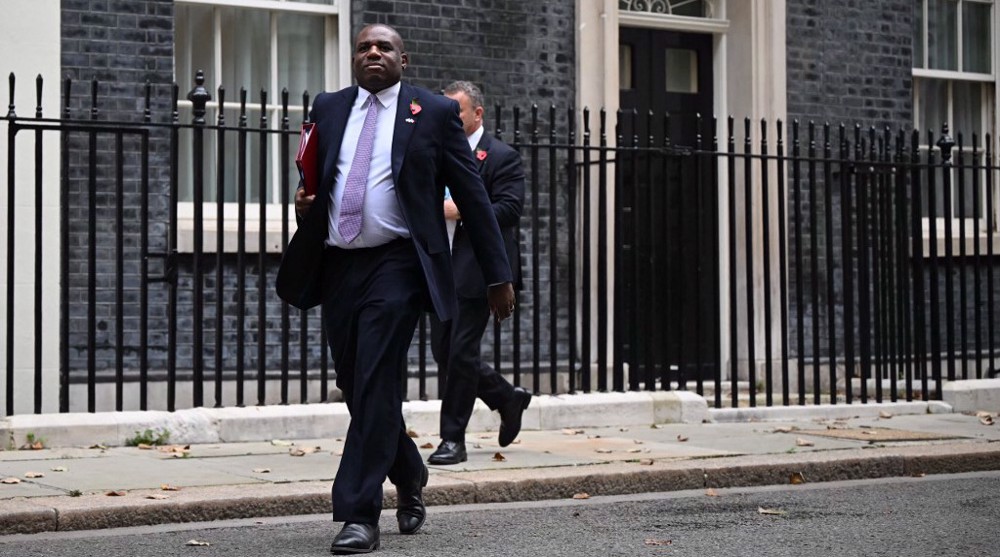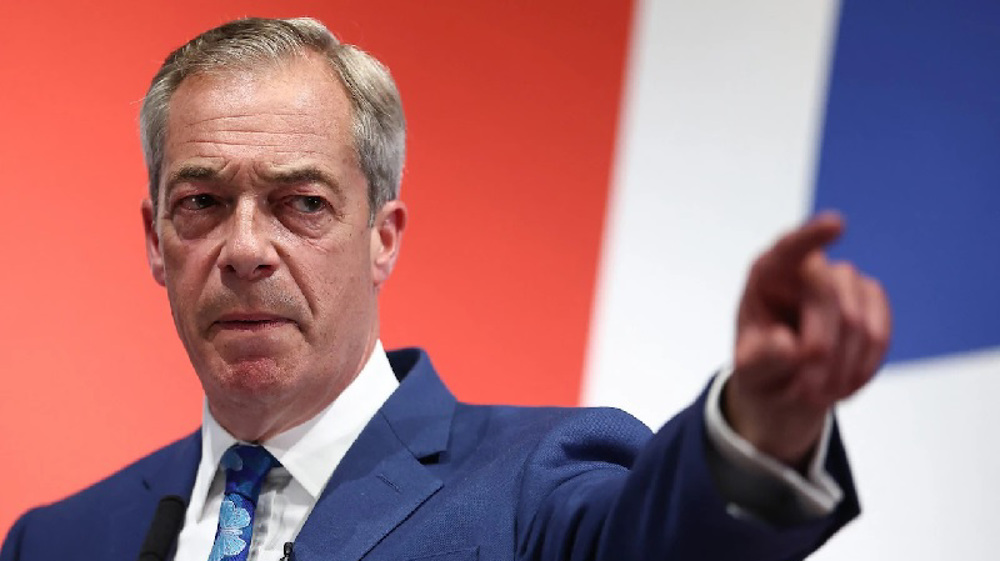Tory leaders display hypocrisy following John Hume’s death
The demise of towering Northern Ireland politician, John Hume, has led to an outpouring of grief and tribute on both sides of the Irish border, as well as Britain.
Hume, who was a Nobel Peace Prize winner, died aged 83 in a Derry nursing home following a long illness.
Most importantly, he was a founding member of the Social Democratic and Labor Party (SDLP) in 1970 and subsequently led the Irish nationalist party from 1979 until 2001.
Hume is widely credited with playing a key role in the events leading up to the Good Friday Agreement of April 1998, which effectively ended the low-level Civil War in the British-occupied Northern Ireland.
Irish Taoiseach (Prime Minister), Micheál Martin, described the former SDLP leader as “one of the greatest Irish people that ever lived” and said his life was one of “towering achievement”.
Additionally, Northern Ireland's First Minister, Arlene Foster, said Hume was a "giant in Irish nationalism".
The core Irish Republican Party, Sinn Féin (which often competed with the SDLP for the nationalist vote) heaped similar praise on Hume.
Sinn Féin President, Mary Lou McDonald, described Hume as a “national icon”.
Meanwhile the spiritual leader of the Irish Republican movement (and former Sinn Féin President), Gerry Adams said: “When others were stuck in the ritual politics of condemnation John Hume had the courage to take real risks for peace”.
But eyebrows have been raised after British Tory leaders expressed grief at Hume’s passing.
The British Security Service (MI5) allegedly extensively spied on Hume in the 1980s under the instructions of the then Tory government led by Margaret Thatcher.
Yet despite the bad blood between the Tory party and the SDLP, Boris Johnson tweeted that Hume was a “political giant” whose vision “paved the way for the stability, positivity and dynamism of the Northern Ireland of today”.
Keen to outperform Johnson on hypocrisy and double standards, hawkish Tory MP and chairman of the influential Foreign Affairs Committee, Tom Tugendhat, tweeted: “We all share Ireland’s grief … Few have done more or shown such leadership”.
VIDEO | Iran eases the rules for exporting hand-woven carpets
VIDEO | Intl. Day for the Elimination of Violence against Women: A stark reminder of Gaza women
Australia denies ex-Israeli minister Shaked visa
VIDEO | 85% of Yemeni displaced people face daily hunger crisis
US House passes bill targeting charities and pro-Palestine groups
VIDEO | Supporting Gaza genocide
Hezbollah attacks Israeli forces after Lebanese homes blown up
World leaders, states hail ICC arrest warrants for Netanyahu, Gallant










 This makes it easy to access the Press TV website
This makes it easy to access the Press TV website